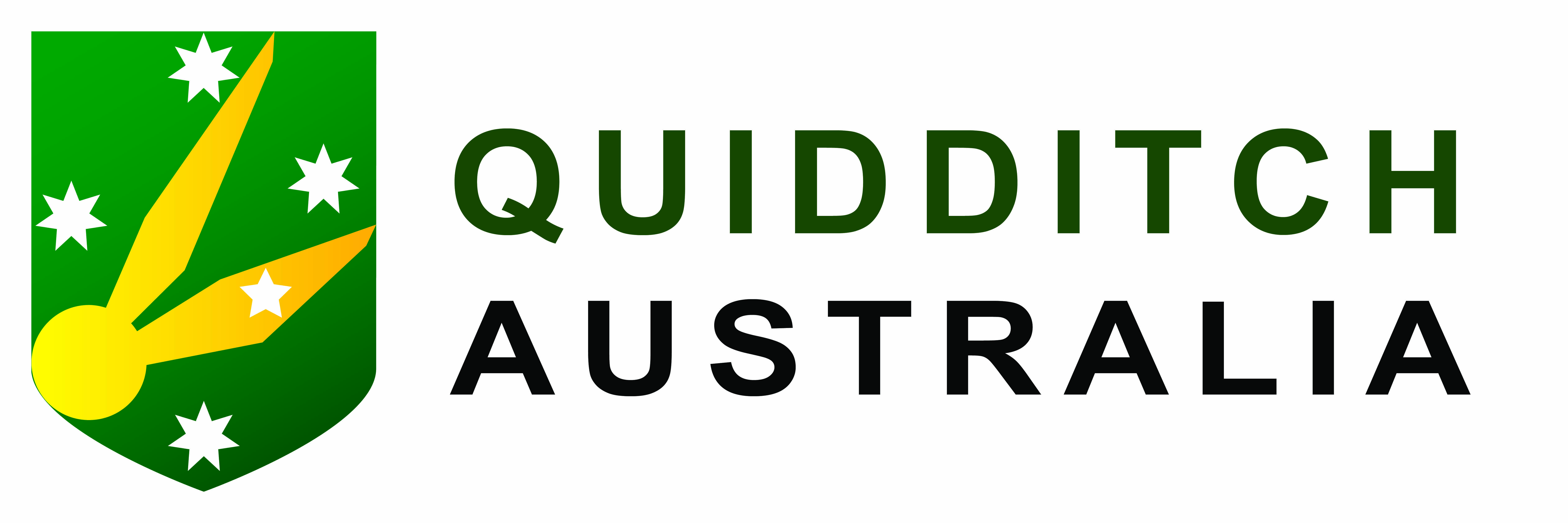Quidditch Australia welcomes all delegates to attend the 2019 Annual General Meeting! The AGM is an excellent opportunity to be involved in the future planning of the association, hear annual reports and provide feedback to the board on the past year and for the year to come.
Australian Quidditch Teams
Team History:
New South Wales has always had one of the largest player bases in the country, right from the inception of quidditch in Australia back in 2011. After the first two rounds of the three 2016 State Of Origin series between NSW and Victoria, the final round was set to be held in Sydney featuring the debut appearance of the Queensland Thunderbirds and NSW fielded a second team affectionately termed the B-Tongues. They would play against Queensland as a roughly equal match, while the NSW A team faced off against Victoria. Thus, the NSW B Team was formed. With the depth of players in NSW at the time, they were victorious against the Thunderbirds in their debut showing, though not nearly at the level of the two A teams. Absent from the 2017 State Shield held in Brisbane, the B-Tongues or “B-est” team returned in 2018, faltering at first against a much improved Queensland during pool play. They came back strong in the finals series to win 2-0, proving an adaptability and level of skill that showed them to be a solid team in their own right. Now officially known as the NSW Bluebottles, they enter the 2019 competition looking to continue their streak against an ever stronger Queensland side, face a new rival in the debuting Victorian Honeyeaters B side, and see how much they’ve narrowed the gap between themselves and the top teams.
What Is State Shield?
Quidditch, beginning in Australia in 2011, grew rapidly in NSW and Victoria, with most teams in the country starting up in Melbourne and Sydney, with only a few up north in Queensland and out west in Western Australia. As quidditch became more and more competitive and rivalries developed between Victorian and NSW teams, there were calls for a new level of competition, something that would allow a further level of top tier quidditch in Australia, facilitate competitive training for Australia’s best athletes heading into World Cups, and answer once and for all which was the dominant state in quidditch.

























